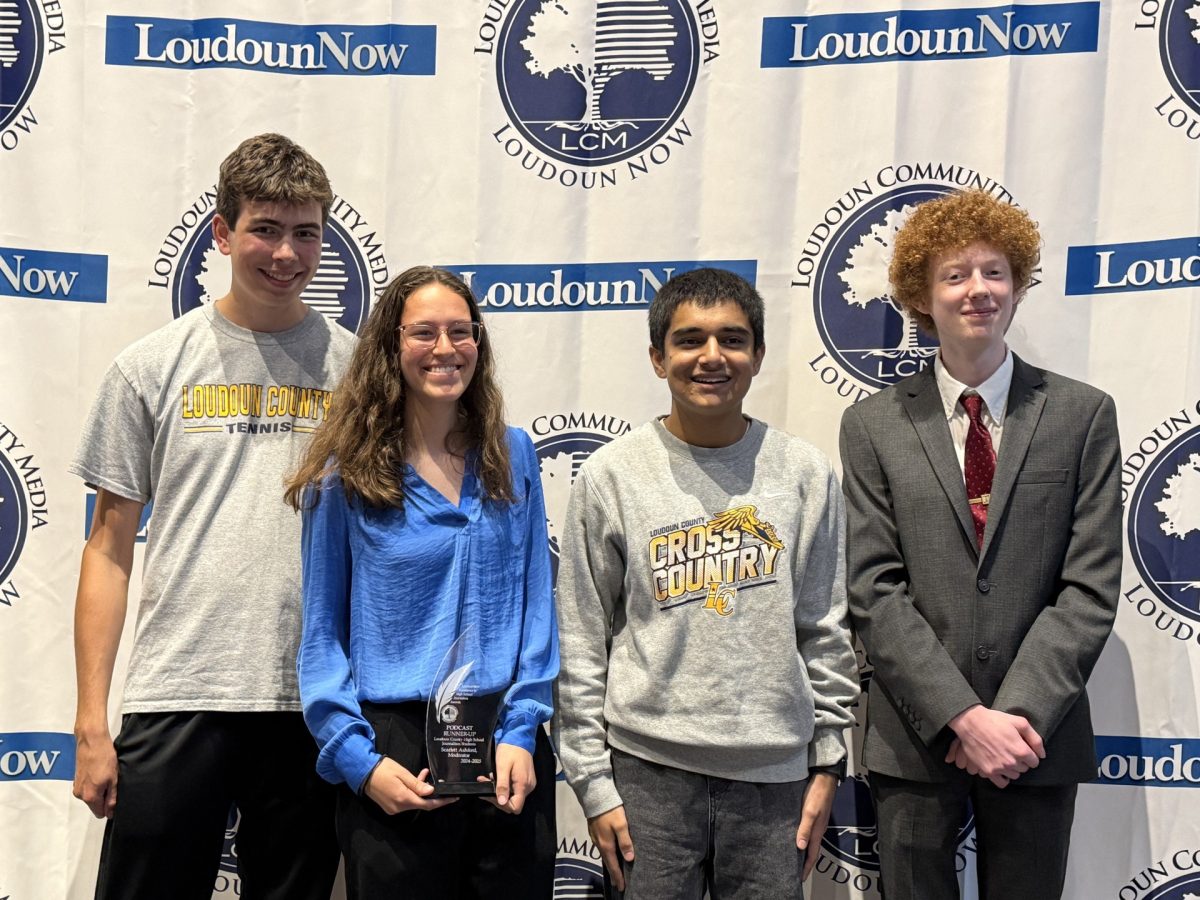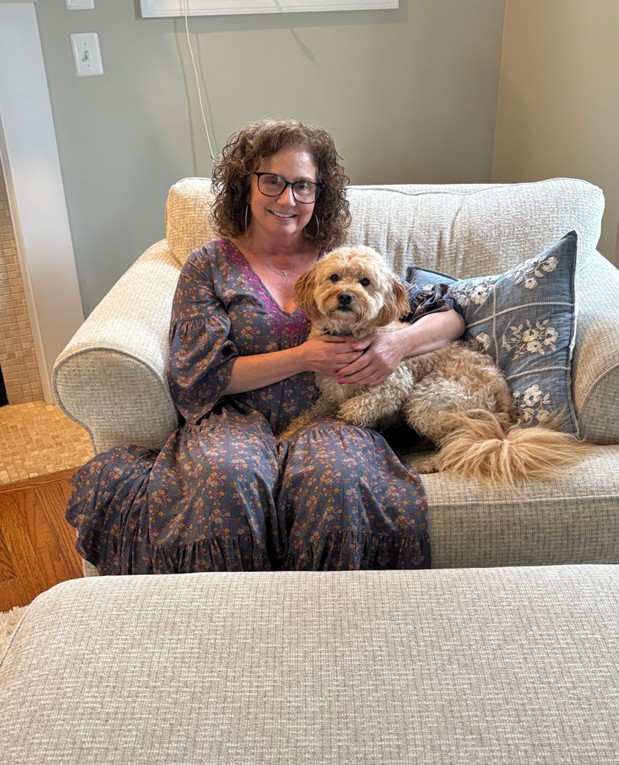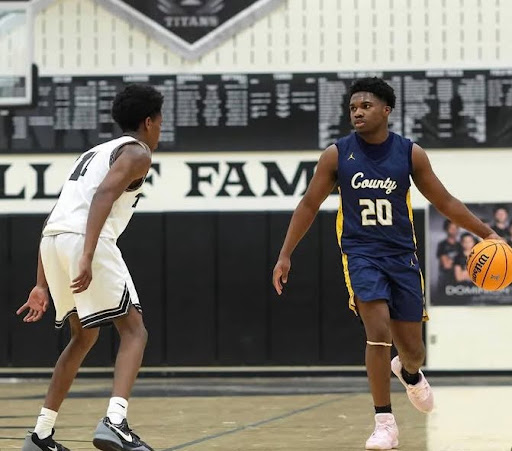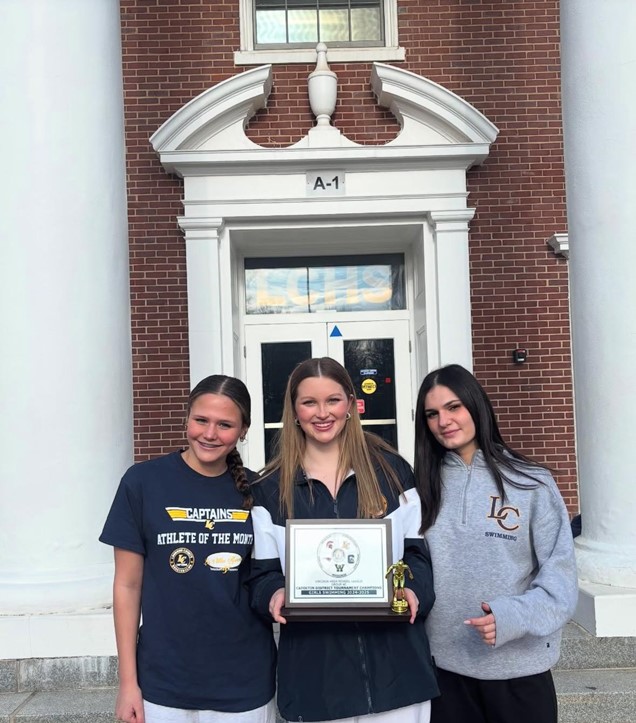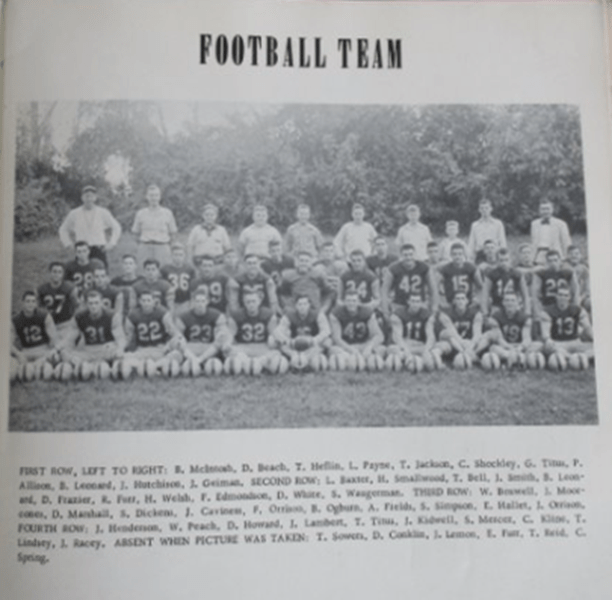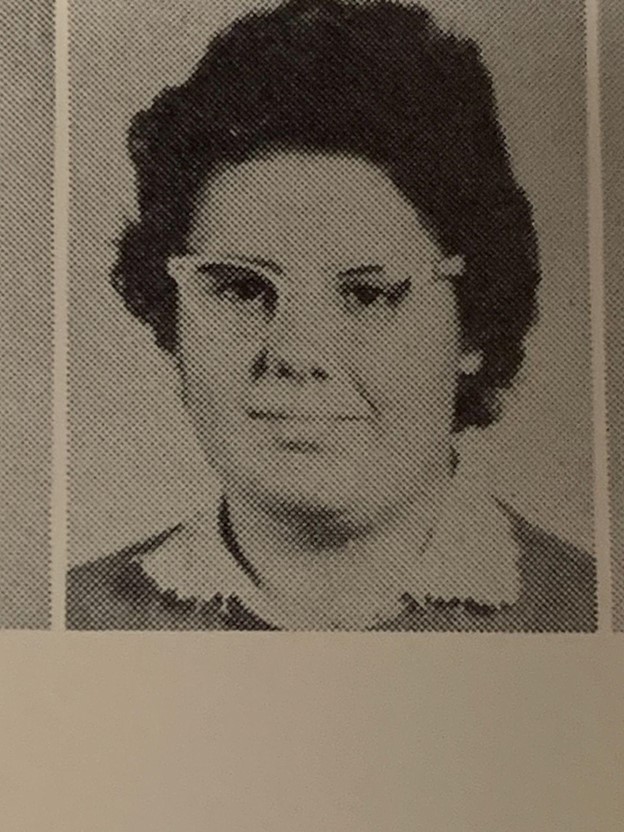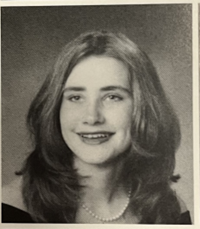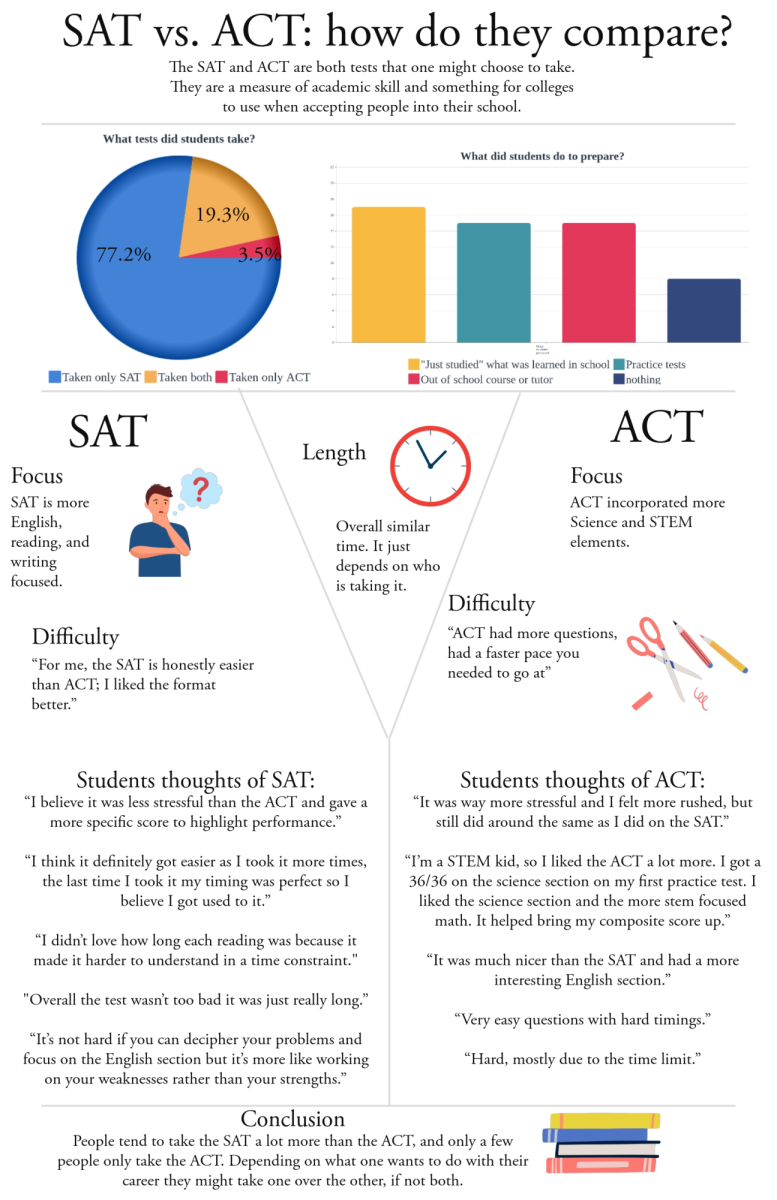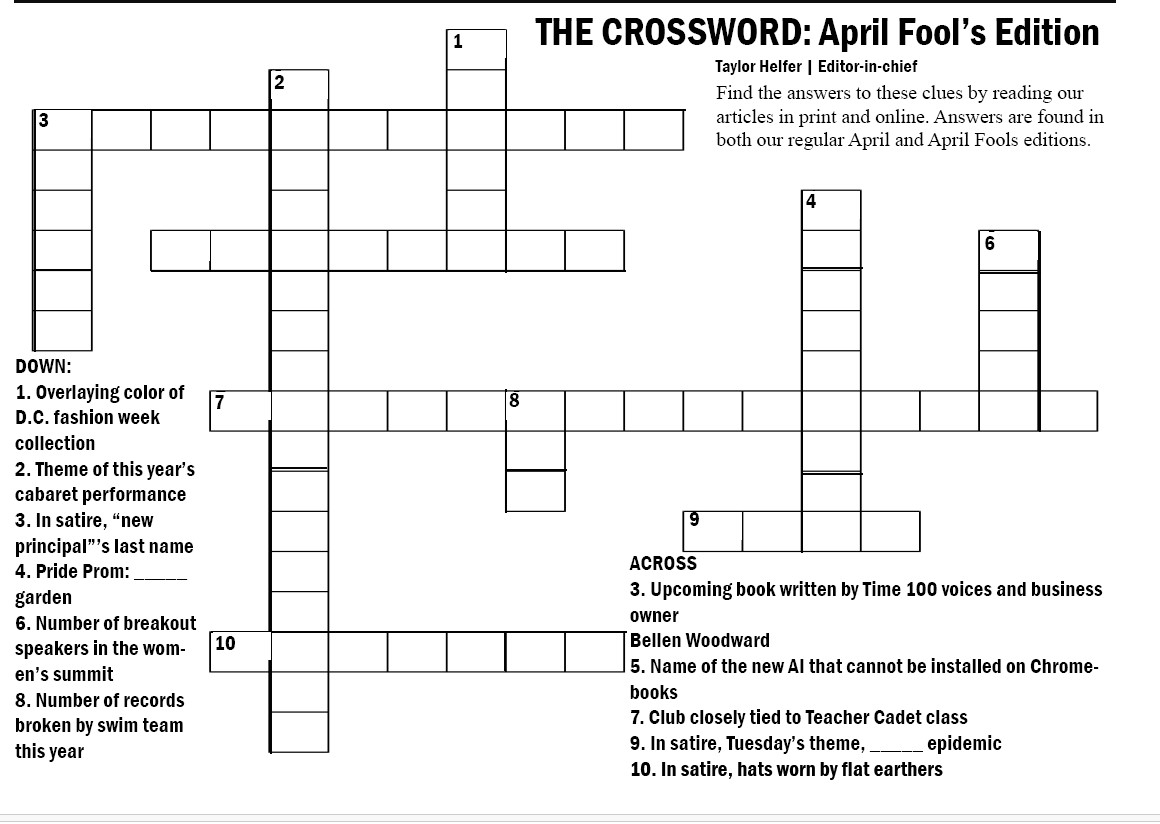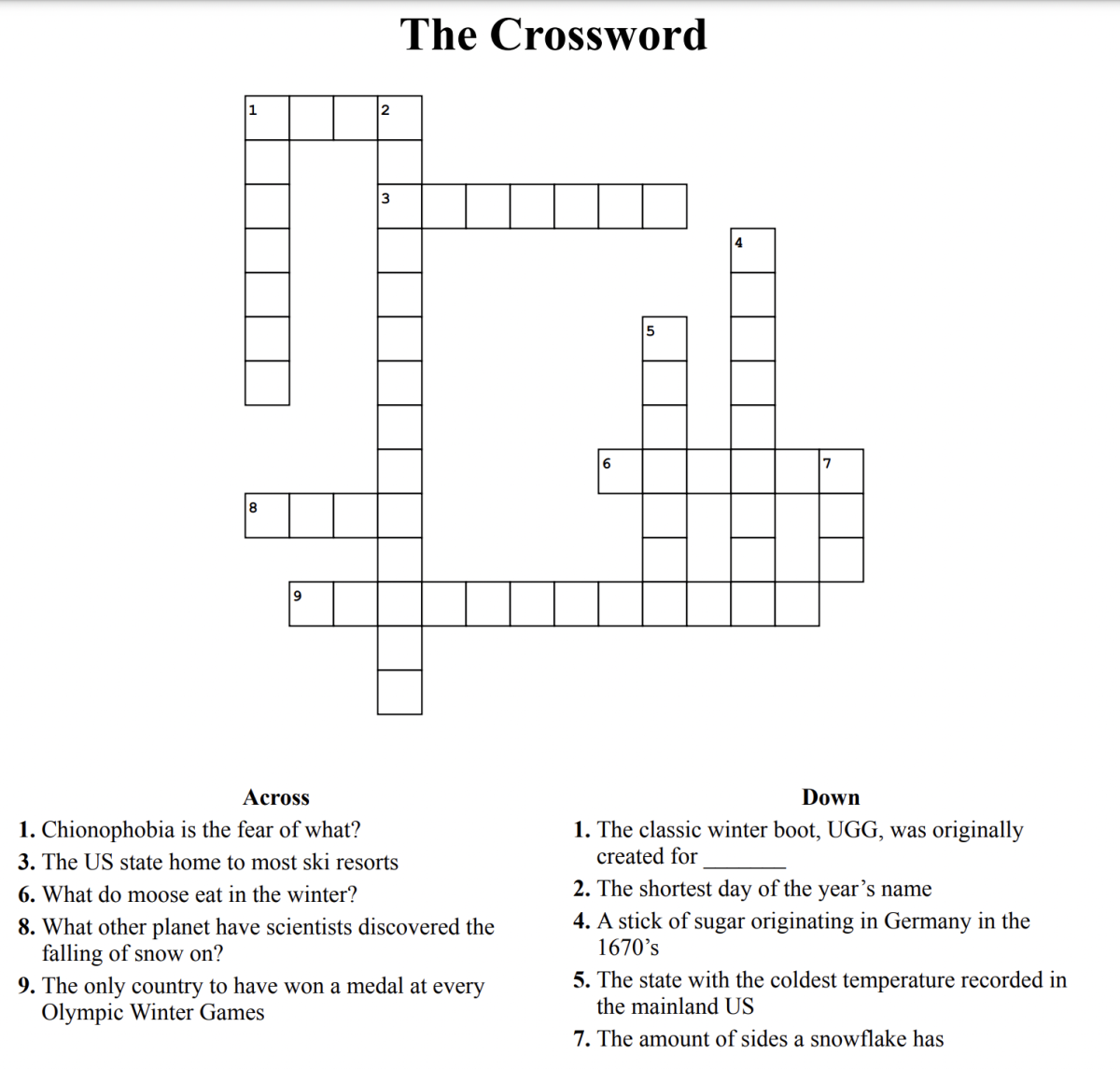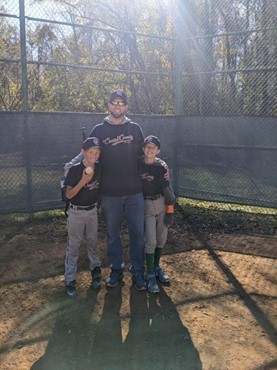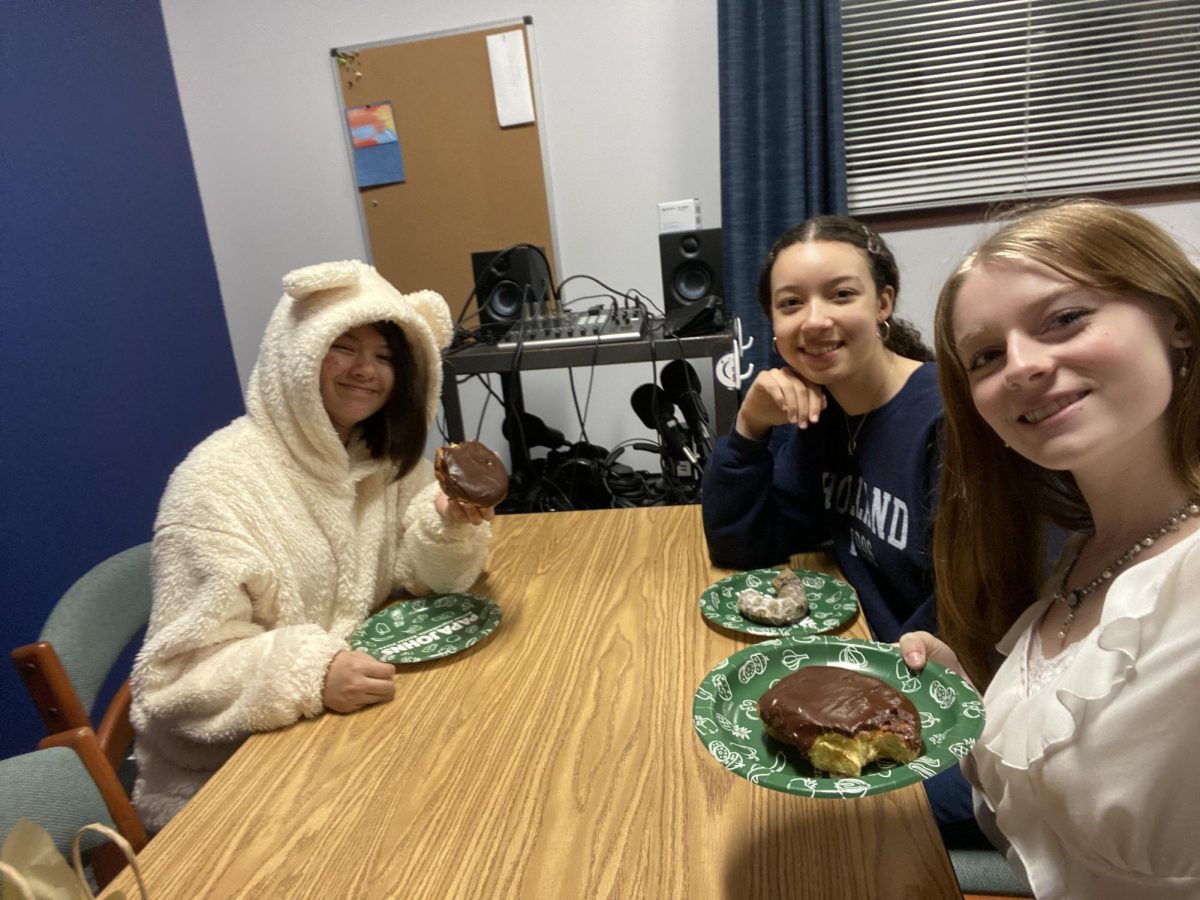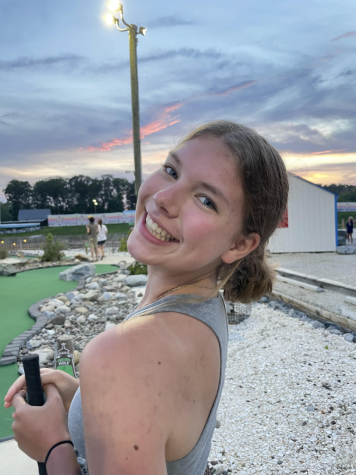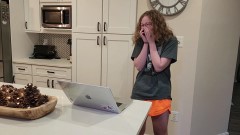
Time-consuming. Stressful. Tedious. These are words seniors have used to describe their college application process.
“It’s just a lot of work,” senior Jack Martin said. “It’s a lot of writing. It’s a lot of different things to organize.”
As 2023 closes out, some students who have chosen to apply early to some schools are already starting to hear back. But for others, there are still deadlines on the horizon.
“They’re spread out,” senior Nevin Alvarado-Aziz said of her application due dates, which ranged from James Madison University’s early November deadline to Virginia Commonwealth University’s in mid-January.
The deadlines loom over the seniors’ already-full plates. “I think that the hardest part is at the same time you have to balance that you’re in school,” Martin said.
To balance working on applications with her five Advanced Placement classes and extracurriculars, senior Shelby Aquilina has begun practicing her music in the car. “The most random places, I have to start practicing,” she said.
Aquilina keeps herself to a schedule upon returning from school, avoiding procrastination. “Once I get home every day, I go to the computer, I sit down, and I study.”
Martin has also found that an agenda helps to keep him on track. College applications “give you a little less time to do school work,” Martin says, so he uses the Google Calendar app on his phone to manage his workload. “I had to kind of have a rigid schedule of when I have to do things.”
Senior Sienna Longendyke takes a slightly different approach. Rather than completing her applications a little bit at a time over the course of weeks to months, she prefers to concentrate her work time into a few longer sittings.
“For me, it was setting aside full, entire days to just get it done,” Longendyke said. “I could have split it up and done it a little bit every night. But that’s not the type of person I am.”
Longendyke devoted a weekend entirely to working on her applications. It meant she missed a football game and other fun activities, but she favors that over missing out on something every weekend.
College applications involve a lot of writing, both short responses only around 50 words to longer essays over 600 words. For some seniors, this is the easiest part of the application process, while for others it’s the most difficult.
“I’m a writer by nature,” Longendyke said. “All of the supplementals and all the essays were something that came really easy to me.” Longendyke expressed an interest in creative writing, which she said was “an easy switch to make” to a form of writing more aligned with personal statements and essays.
Meanwhile, Aquilina said that essay writing has been the most challenging part of her application process. She is applying to over a dozen schools, each with their own supplemental questions. What she’s found, however, is that she can often use the message of one essay to answer another school’s question.
“I don’t use the exact same thing,” Aquilina said. “But it makes it easier for me to know what kind of story I need.”
Alvarado-Aziz described the pressure put on the writing portion of her applications. “Virginia Tech had four questions and you had to really think about what you’re going to say because they base your acceptance on what you write.”
She summed up the Common App’s main essay – which students can send to multiple colleges – as “having to figure out challenges in your life and put it towards your future of how you’re going to apply it.”
Martin pointed out that although there are many stressful parts of the application process, many seniors are going through the same experience, which creates a strong support system for the students.
“Pretty much all your friends can relate to it because all your friends are applying at the same time,” Martin said. “The first people I’d ask for questions are my friends because they’re going through the same thing you are.”
Students also find support in their counselors, who meet with each senior to discuss their plans and provide them with resources as they navigate applications. Aquilina also mentioned the help she’s received from her youth minister. But most students cited their parents as their biggest supporters throughout the process.
Alvarado-Aziz said her mom made sure she didn’t “wait until the last minute.”
“Before my senior year started, I hadn’t even started on any application stuff,” Alvarado-Aziz said. “But she was telling me, ‘you have to do this.’”
“They’re heavily invested in it and they want me to do well,” Martin said of his parents and their support of his applications.
The seniors also shared some of their advice for underclassmen on how to approach their applications. The most common recommendation was to start early.
“Find out what you want to do,” Martin said. “I waited too late. It’s a lot less stress if you a) figure out what you want to do and b) know where you would want to go, what you would want to look for in a college.”
Alvarado-Aziz shared the same sentiment. “I would start early with what you’re looking for, what you want to do, what you need, so you can plan it out,” she said. “I would look for scholarships too, that’s a big thing I had to do.”
“Always do it way before you think you need to do it,” Longendyke said. “Tour everywhere, research everywhere, talk to people.”
Longendyke described visiting many colleges over the last few years as she narrowed her list to the 20 she’s applying to, both through planned trips and impromptu stops at schools that happen to be nearby wherever she’s traveling. “Every spring break was college touring, since I was a freshman. You go on this trip, you go here, check on college.”
As far as knowing what they’re looking for, the seniors mentioned a few big ideas that guided their college searches.
“I looked first at what majors they had,” Alvarado-Aziz said. She plans on studying animal science or biology, which has focused her search on schools that are strong in those programs, such as Virginia Tech and Texas A&M University.
Martin also looked at whether schools had his intended major, architecture. He also prioritizes location. “I want somewhere closer to home, so not a plane ride away,” he said. “So it’s mainly location and academics.”
Aquilina also values whether the school has a strong program for her interests, which are cyber security, business, and computer science, but she also puts emphasis on the community aspect of a school.
For Longendyke, a school’s campus is a critical feature, followed by academics and student life. “My first priority is, ‘can I see myself living here?’” Longendyke said. “I want to surround myself with a school community that is striving for greatness.”
She also described wanting to feel challenged at a school. “That’s really important to me. I never want to be the smartest person in the room.”
Longendyke acknowledged the long, time-consuming process, from narrowing down interests and college searches to writing essays and finding scholarships. She encouraged juniors to start early, but ultimately advised them to take their time with it, emphasizing the importance of putting forth an application that genuinely represents themselves.
“There’s no point in submitting an application if it’s going to be anything less than what you are, if you’re not really proving who you are and doing what is your best work.”



